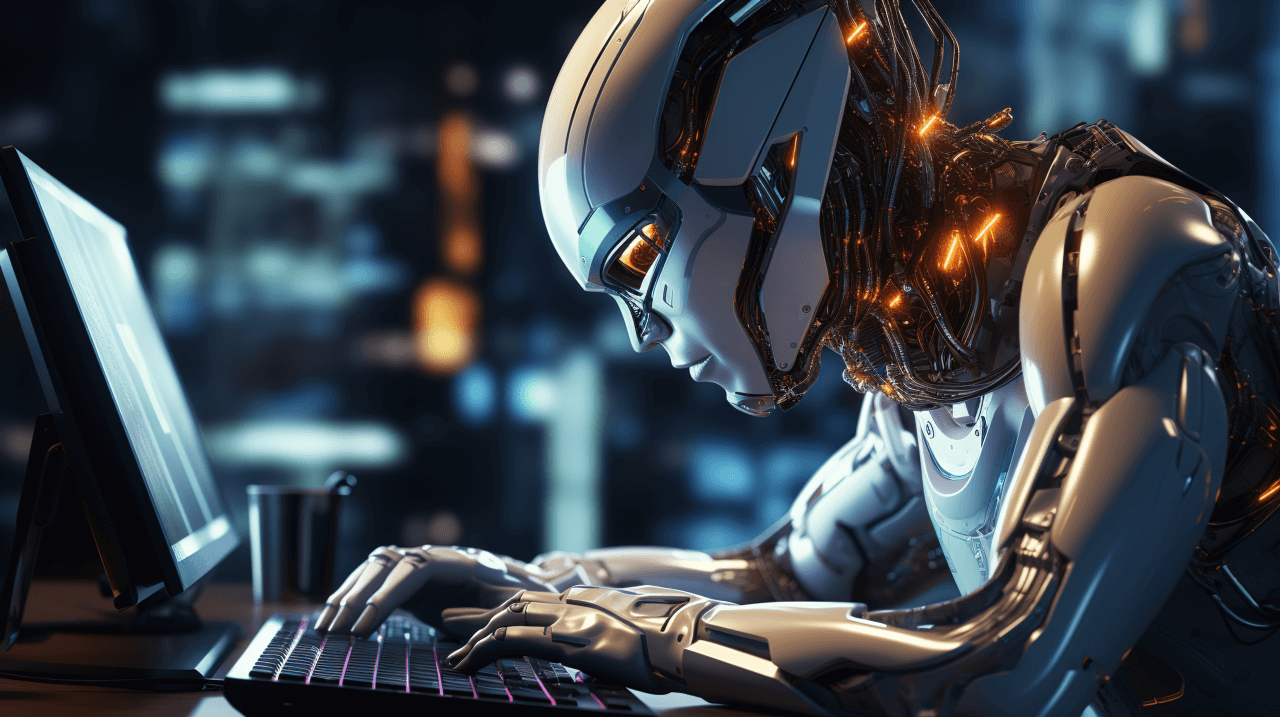
AI in Content Creation: What It Means for the Future of Work
The integration of AI in content creation is transforming professional landscapes. Writers, designers, and marketers are experiencing shifts in their roles as they learn to collaborate with advanced tools. This evolution brings forth enhanced creativity and efficiency, yet it simultaneously raises questions about authenticity and bias. As the industry adapts, professionals must navigate these complexities. What strategies will emerge to address these challenges while maximizing AI’s potential?
The Role of AI in Enhancing Content Creation
As content creators increasingly embrace technological advancements, the integration of artificial intelligence (AI) has emerged as a transformative force in the landscape of content creation.
AI collaboration fosters creative augmentation, enabling artists to transcend traditional boundaries. By automating repetitive tasks and generating innovative ideas, AI empowers creators to enhance their originality, streamline workflows, and explore uncharted territories, ultimately reshaping the creative process.
Redefining Job Descriptions: Writers, Designers, and Marketers
While the integration of AI technology in content creation has led to remarkable advancements, it has also prompted a fundamental redefinition of job descriptions for writers, designers, and marketers.
These roles now emphasize creative collaboration and adaptability, highlighting a skill evolution that prioritizes strategic thinking and technological proficiency over traditional tasks.
As such, professionals must embrace continuous learning to thrive in this transformed landscape.
See also: Wearable Health Tech Innovations
Challenges and Ethical Considerations of AI in Content
Although AI has revolutionized content creation, it brings forth a myriad of challenges and ethical considerations that cannot be overlooked.
Issues of content authenticity arise as automated systems may produce misleading information.
Furthermore, automated bias can perpetuate stereotypes, compromising the integrity of the content.
These challenges necessitate a reflective approach to ensure that AI serves to enhance rather than undermine creative expression.
Embracing Opportunities: Adapting to the AI-Driven Landscape
Recognizing the transformative potential of AI in content creation, many industries are beginning to adapt their strategies to leverage these advancements effectively.
As AI integration accelerates, a workforce evolution unfolds, prompting professionals to embrace new tools and methodologies.
- Enhanced creativity through AI collaboration
- Increased efficiency in content production
- New job roles focused on AI oversight
This shift invites innovative thinking and greater freedom in creative expression.
Conclusion
As AI continues to transform content creation, it simultaneously amplifies creativity and raises ethical dilemmas. Professionals must adapt to new roles while maintaining authenticity and mitigating bias. The future of work hinges on collaboration between human insight and technological innovation, fostering a landscape where adaptability and continuous learning become paramount. Embracing these changes will not only redefine job descriptions but also shape the very essence of creativity, challenging individuals to rethink their approaches in an increasingly AI-driven world.




